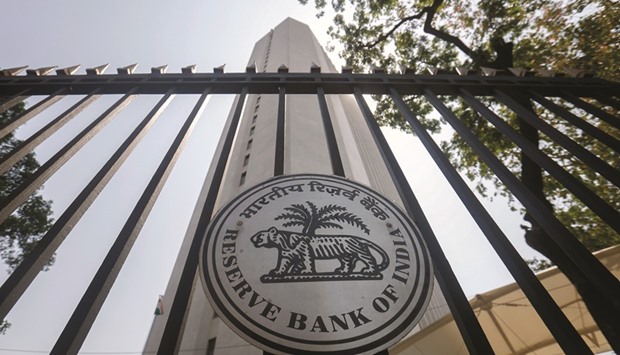The Reserve Bank of India (RBI) on Thursday tweaked rules that trigger regulatory action against lenders who overshoot the limit on bad loans or fail to comply with capital ratios.
The changes are under the so-called Prompt Corrective Action framework unveiled in 2002, which sets thresholds that when breached trigger supervisory action from the RBI, including restriction on dividend distribution.
In extreme cases, the framework provides the RBI with powers to force mergers or even wind up the non-compliant lender.
Regulatory action will be taken if a bank's capital-to-risk-assets ratio falls below 7.75 percent, RBI said in a statement on Thursday.
If the ratio falls below 3.625 percent, the bank could be a candidate for a merger or may even be wound up, the regulator added.
It was not immediately possible to draw a direct comparison between the new limits and the existing ones.
Meanwhile, on bad loan ratios, the central bank said the first threshold will be triggered if a bank's net non-performing assets ratio crosses 6 percent.
A net bad loan ratio of more than 12 percent will invite the extreme action of winding up or merger, it added.
For full details on rules, see: http://bit.ly/2p0gJIk

